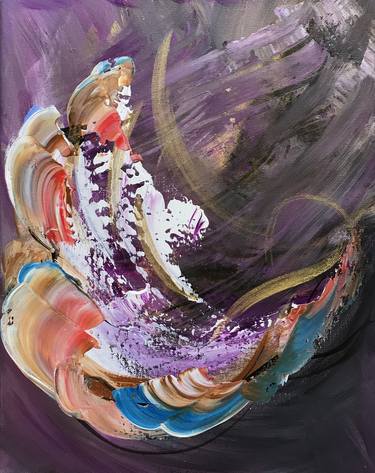The Principle of Beauty

‘I
have left no immortal work behind me — nothing to make any friend proud of my
memory but I have loved the principle of beauty in all things, and if I had
time, I would have made myself remembered’…………..John Keats
Treading the path of life,
I adhered not to the principles
Established by the world
In connection with beauty——-
What is beautiful and what is not beautiful.
With my own experiences, I do understand
That all are beautiful
And I find not the cockroach
Less beautiful than the butterfly.
Who is ugly and who is beautiful?
All are beautiful depending on the onlooker.
Who is beautifully touchable and who is not?
All are touchable,
My inner voice says so
And my audacity of thoughts defines thus,
All creations of God
Are beautifully touchable.
Warfare and destruction are rampant
And the battlefield too has her beauties—–
The beauty of fighting like a patriot,
To protect one’s motherland,
The beauty of dying like a hero
And the beauty of accepting death
When and where it comes.
There is beauty in adversity,
Where one learns perseverance, forbearance,
Endurance pared to perfection.
The mundanely meandering river,
The papier maché puppets, the delineated rubble
Are all glimpses of beauty
Where experience beautifully crystallizes
Into blissful memories.
Every flower promises to be a fruit,
Every son promises to be a man,
Every well promises water,
Every oyster promises a pearl,
Every breeze promises a fragrance,
Every poet promises a poem,
Every woman promises the beauty of breasts
And every man promises the strength of muscles,
All based on the principle of beauty.
Look around,
There is always
A promise of beauty
For the principle of beauty
Falters not and wavers not.

Abstract Beauty -- Dinara Omarova
John Keats died from tuberculosis in Roma at 25, only 4 years after his poems began to be published. During his lifetime only about 200 copies of his books were sold; they were not generally well received during his lifetime but came to be among the most admired in the English literary tradition. He may have been born at the Swan and Hoop Inn in London, where his father was a hostler. His father died when Keats was 8, and his mother when he was 14, causing him to leave school. By the time he was 19 he had begun writing poetry, and Leigh Hunt published his sonnet "O Solitude" in The Examiner." That same year Charles and James Ollier, the publisher of works by Hunt, Percy Bysshe Shelley, and Lord Byron, brought out his "Poems," but were ashamed of it and did not promote it. As one of his friends remarked, it "might have emerged in Timbuctoo." Keats found a more sympathetic publisher, Taylor and Hessey, and continued to write. Sir Walter Scott's son-in-law John Gibson Lockahart launched a series of literary attacks against the "imperturbable divelling idiocy" of Keats' poetry and derisively dismissed Hunt and Keats as "the Cockney School." In September 1820, 2 months after his 3rd and last book, "Lamia, Isabella, The Eve of St. Agnes and other poems," was issued, Keats left for Roma, seeking a warmer climate. Before his death in February 1821 he requested that his tombstone have no name or date, only the epitaph, "Here lies One whose Name was writ in Water." Seven weeks later Shelley memorialized him in his poem "Adonaïs: An Elegy on the Death of John Keats, Author of Endymion, Hyperion, etc," beginning the widespread posthumous adulation of his work. Ironically it was published by Charles Ollier.
ReplyDeleteAt a memorial concert for his deceased bandmate Brian Jones, Mick Jagger of the Rolling Stones recited from Shelley's elegy:
Peace, peace! he is not dead, he doth not sleep
He hath awakened from the dream of life
'Tis we, who lost in stormy visions, keep
With phantoms an unprofitable strife,
And in mad trance, strike with our spirit's knife
Invulnerable nothings. — We decay
Like corpses in a charnel; fear and grief
Convulse us and consume us day by day,
And cold hopes swarm like worms within our living clay.
The One remains, the many change and pass;
Heaven's light forever shines, Earth's shadows fly;
Life, like a dome of many-coloured glass,
Stains the white radiance of Eternity,
Until Death tramples it to fragments. — Die,
If thou wouldst be with that which thou dost seek!
Follow where all is fled!